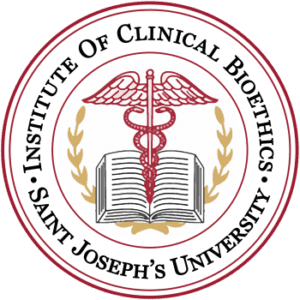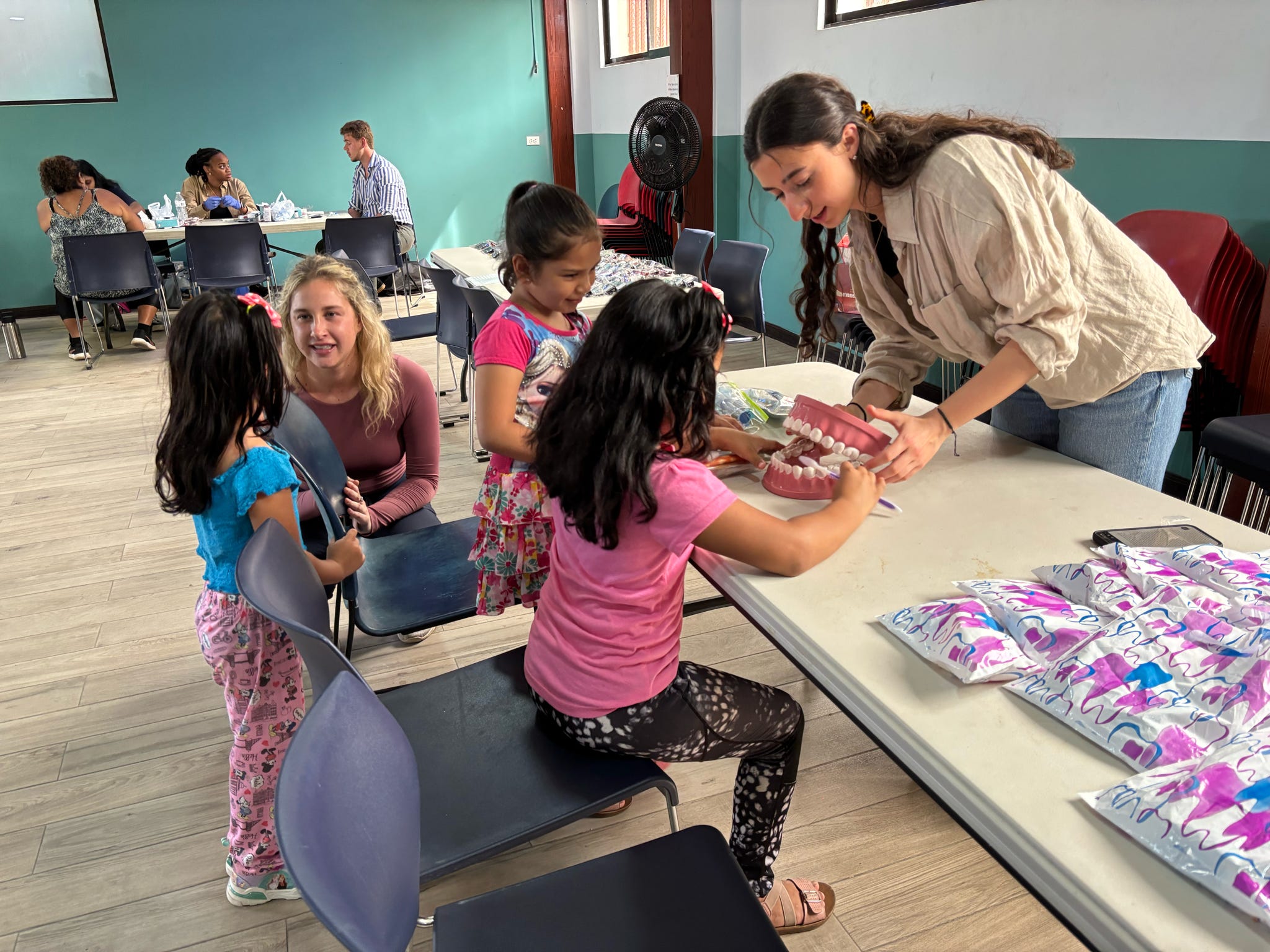Junior Pre-Dental student Jessica Haddad’s reflection featured in the Philadelphia County Dental Society Newsletter
An informal village called La Carpio is located about 10 kilometers from the downtown of San José, Costa Rica. Due to its separation from the neighboring areas and its bordering Virilla and Torres rivers, it is rather isolated. As a result, its reputation is one of the most marginalized towns in the nation. Early in the 1990s, as waves of Nicaraguan refugees left the political and economic unrest in their homeland, La Carpio was founded. Many of the inhabitants still lack legal status, which restricts their ability to obtain official jobs, access quality healthcare, education, and government assistance. Over the years, tens of thousands of people, mostly of Nicaraguan descent, have moved into the settlement. The purpose of the visit to La Carpio was to cooperate with the local clinic and set up a health promoter–a community-driven medical clinic–to address the health disparities within the area. The students from the class Just Healthcare in Developing Nations organized 6 stations: weight, blood pressure, glucose and cholesterol, glasses, dental, and CPR training for adults and children.
Perhaps the worst of the observations was the rampant decay on young children’s teeth, which resulted from untreated cavities and limited access to restorative treatments such as crowns or fillings. I was truly affected by a time when I was inviting residents to the free medical clinic we had been hosting. In an obvious display of self-consciousness over his teeth, a man in his early twenties instinctively covered his mouth when I brought up the clinic. It was heartbreaking to see the weight of his subtle yet evident distress, and he felt ashamed of the condition of his teeth.
I realized then that dental health was not only an oral health issue for him and many others in La Carpio, but also an emotional one that was connected to self-worth and dignity. In an attempt to help, I reassured him that the clinic was a judgment-free environment with the help of translators and completely free of charge. I made sure he was comfortable and treated with respect during his visit. One of my favorite parts there was watching him go to each station with relief and offering him a little bag of dental supplies.
Gold crowns for molars are common in Costa Rica, consistent with global dental regulations. However, in towns such as La Carpio, there has been a noticeable trend of gold crowns being placed on anterior teeth, which are more noticeable when smiling or speaking. This practice contrasts with the standard use of gold crowns and implies that cultural or socioeconomic factors influence dental preferences.
This encounter illustrated an even deeper issue: dental care in communities such as La Carpio is not only limited, but also inconsistent. A few residents receive makeshift treatments, while others go completely untreated. Restorative dentistry is a way for some people to keep their oral health, while others use it to maintain their dignity. Witnessing these differences directly strengthened my belief that access to dental care should be a fundamental human right rather than a privilege. These experiences further solidified my commitment to create a paradigm of care that removes barriers to oral healthcare, ensuring that patients receive not just the treatment they require, but also the respect and compassion they deserve.

